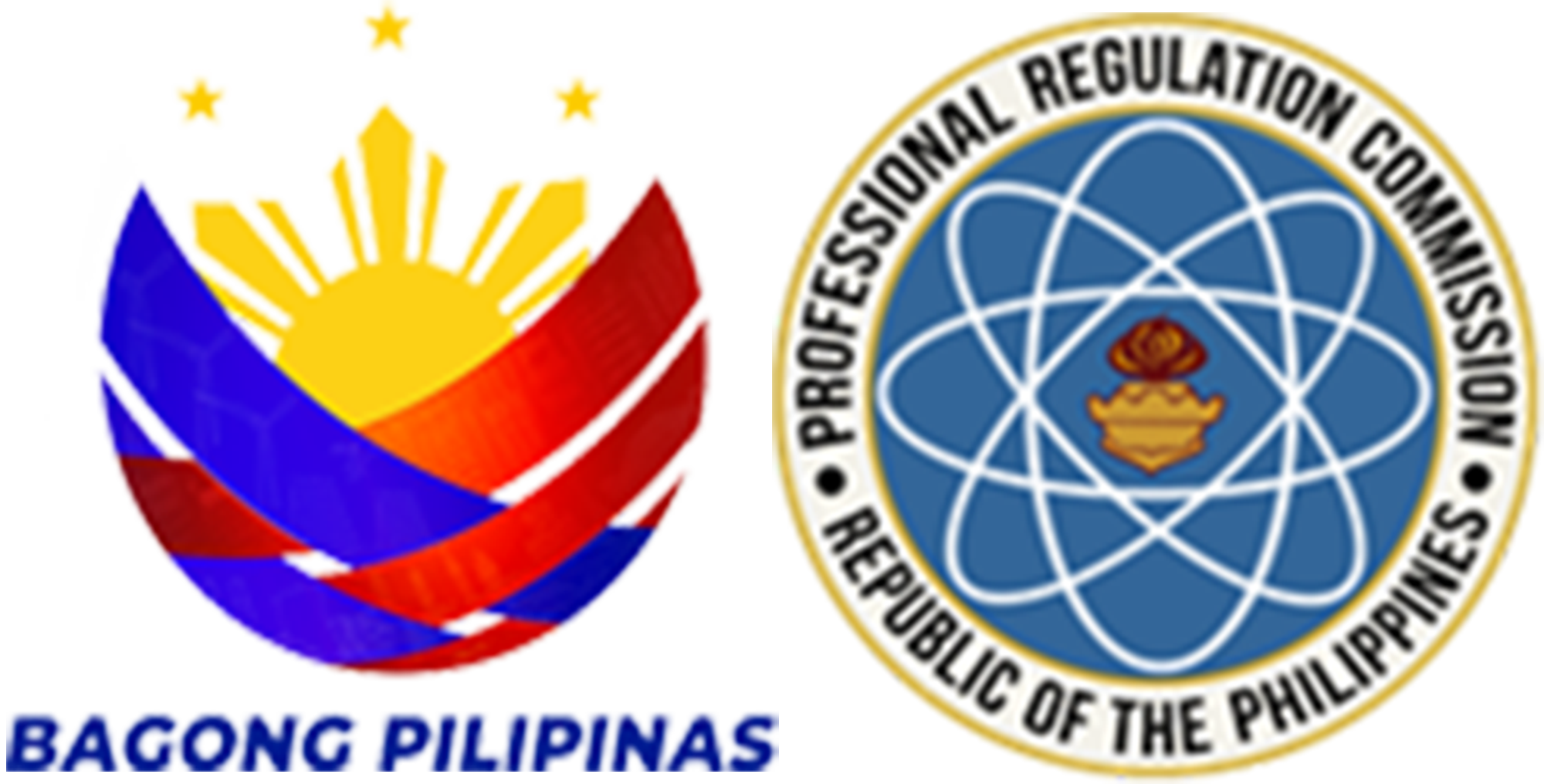Metallurgical Engineering Law of the Philippines
Definition of Terms:
- A person shall be deemed to be practising metallurgical engineering within the meaning and intent of this Decree who shall, for a fee, salary or other reward or compensation, paid to him or through another person, or even without such reward or compensation, render or offer to render professional service in metallurgy or metallurgical engineering in the form of consultation, investigation, valuation, planning, designing or supervision of operation.
- The term metallurgy or metallurgical engineering as used in this Decree, shall mean the teaching and practice of the science and technology of preparing minerals and metals from ores by separating them from mechanical mixture and chemical combination and/or finally processing them for use. Metallurgy or metallurgical engineering embraces:
Qualification of Board Members
Each member of the Board shall at the time of his appointment:
- Be a citizen of the Philippines;
- Be a holder of at least the degree of Bachelor of Science in Metallurgical Engineering or Metallurgy with at least five years experience in metallurgical practice as defined in Section 12 of this Decree after graduation, or a holder of the degree of Doctor of Science of Philosophy in Metallurgical or Mineral Engineering or Metallurgy with at least two years experience in metallurgical work;
- Be registered and legally qualified to practice metallurgical engineering in the Philippines, except for the members of the first Board who shall automatically be registered under the provisions of this Decree; and
- Not be a member of the faculty of any school, college or university, where degrees in metallurgy, metallurgical engineering or mining engineering are granted, nor has pecuniary interests in such institution at least two years before his appointment as member of the Board.
- Must be recommended by a bona fide professional mineral or metal organization of the Philippines.



♦ REPUBLIC ACT NO. 10688
AN ACT REGULATING THE PRACTICE OF METALLURGICAL ENGINEERING IN THE PHILIPPINES, REPEALING FOR THIS PURPOSE PRESIDENTIAL DECREE NUMBERED 1536, OTHERWISE KNOWN AS THE "METALLURGICAL ENGINEERING LAW OF THE PHILIPPINES", AND FOR OTHER PURPOSES
Download/open the full version of Republic Act 10688.
♦ PRESIDENTIAL DECREE NO. 1536
“Metallurgical Engineering Law”
REGULATING THE PRACTICE OF THE METALLURGICAL ENGINEERING PROFESSION IN THE PHILIPPINES AND PROVIDING FOR THE LICENSING AND REGISTRATION OF METALLURGICAL ENGINEERS
Article I
Section 1. Title of Decree.— This Decree shall be known as the 'Metallurgical Engineering Law of the Philippines.'
Section 2. Creation and Composition of the Board.— Within thirty days from the effectivity of this Decree, there shall be created a Board of Metallurgical Engineering, hereinafter referred to as the “Board”, to be composed of three members, all of whom shall be appointed by the President of the Philippines upon recommendation of the Professional Regulation Commission from among those duly accredited professional organizations involved in minerals and metals processing or studies. One of the appointed members of the Board shall be designated as Chairman.
Download/open the full version of Republic Act 1536.
For decades, the metal industry has been a vital industry in the Philippines. Realizing the need to develop and enhance the extraction of the useful and invaluable minerals in the country, the government resolved to regulate the practice of metallurgical engineering.
Thus on June 11, 1978, Presidential Decree 1536 otherwise known as the “Act Regulating the Practice of the Metallurgical Engineering Profession and Providing for the Licensing and Registration of Metallurgical Engineers,” was issued.
The first Board, which assumed office on December 20, 1978, was composed of Engr. Jones R. Castro as Chairman and Dr. Antonio V. Arizabal, Jr. and Antonio M. Ostrea as Members.
Under the stewardship of Engineer Castro, the Rules and Regulations of the Board of Metallurgical Engineering was promulgated on August 22, 1980.
The Board conducted its first licensure examinations on August 18, 1981 to fifteen examinees, the results of which were released on January 22, 1982.
The Board administered its fully-computerized licensure examinations on August 16-18, 1995. The Code of Ethics and Professional Conduct of Metallurgical Engineers of the Philippines was formally adopted on March 12, 1984. In 1994, the Board issued a resolution promulgating the Syllabi for the Subjects in the Metallurgical Engineering Licensure Examination. The syllabus was immeiately disseminated and circularized to all colleges and schools offering the course of metallurgical engineering.
Click HERE to view the list of Accredited Integrated Professional Organizations (AIPOs) /Accredited Professional Organizations (APOs)














